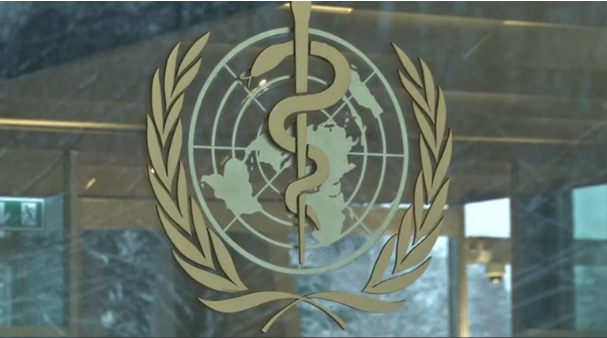
GENEVA, Switzerland (Reuters) — Smoking costs the global economy more than $1 trillion a year, and will kill one third more people by 2030 than it does now, according to a study by the World Health Organization and the U.S. National Cancer Institute published on Tuesday (January 10).
That cost far outweighs global revenues from tobacco taxes, which the WHO estimated at about $269 billion in 2013-2014.
“The report is important in at least two significant ways. It highlights that the economic cost of smoking is about more than $1 trillion every year, and it causes currently the death of 6 million and it is projected to increase to 8 million people by 2030,” a member of the WHO Tobacco Control Economics Unit, Jeremiah Paul, told Reuters.
The economic costs are expected to continue to rise, and although governments have the tools to reduce tobacco use and associated deaths, most have fallen far short of using those tools effectively, said the 688-page report.
Cheap and effective policies included hiking tobacco taxes and prices, comprehensive smoke-free policies, complete bans on tobacco company marketing, and prominent pictorial warning labels.
Tobacco taxes could also be used to fund more expensive interventions such as anti-tobacco mass media campaigns and support for cessation services and treatments, it said.
Governments spent less than $1 billion on tobacco control in 2013-2014, according to a WHO estimate.
“What is needed really is political will in order to implement these measures vigourously because tobacco control not only saves lives it generates substantial revenues as well, so it’s a win-win situation,” Paul said.
Around 80 percent of smokers live in LMICs (low- and middle-income countries), the study says, and although smoking prevalence was falling among the global population, the total number of smokers worldwide is rising.
“It is an addictive product and as such, if it’s addicting, the poor people tend to spend it to substitute other expenditures like education for a cheap smoke. So it’s really important that governments take action now, because this monograph confirms what WHO has always been saying, that tobacco control makes economic, economic and public health sense,” Jeremiah Paul said.
Health experts say tobacco use is the single biggest preventable cause of death globally.







